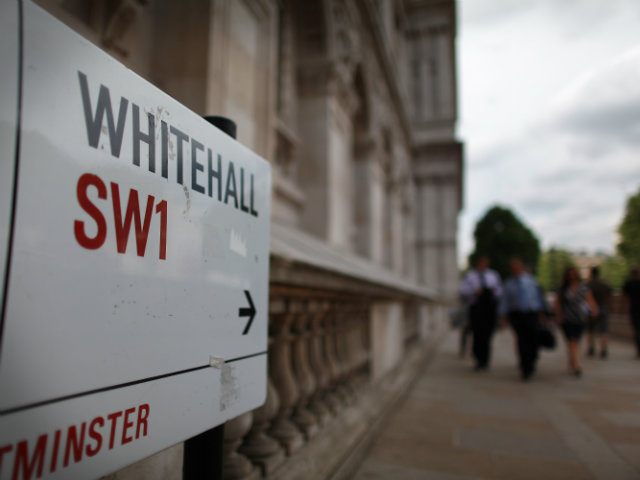The majority of Britain’s civil servants back charging the public for Freedom of Information (FOI) requests, with some even favouring restrictions on the press, raising fears that transparency legislation could be under threat.
The research by Civil Service World/Dods Research found 50.12 per cent of the public sector workers polled would support charging people who submit FOI requests to government bodies, a move that the government is currently considering.
Government departments can only charge for requests they believe will cost more than £600, but a new cross-party commission is now studying whether to place fees on all requests, raising questions about the Conservative government’s commitment to transparency.
The survey also reveals how annoyed some civil servants feel about the Freedom of Information Act.
Despite the Act being used to expose major stories such as the MPs’ expenses scandal, as well as obtaining letters between Prince Charles and government ministers, one senior civil servant in the Foreign and Commonwealth Office criticised the “lazy” journalists who use it:
“Too often the FOI Act is used to support lazy journalism or inquisitive academics.
“I think that FOI requests by members of the public should remain free, but there should be a ‘corporate’ charge for journalists and other organisations,” the unnamed official said.
“The money raised could be used to help fund specialist units in government to deal with FOI requests, thereby releasing the pressure on front-line officers.”
Introducing charges and restrictions on press access was also popular among other mandarins.
One official at HM Revenue and Customs said that while they did not support charging, they did suggest: “Maybe ration requests? Or [introduce] some kind of licensing for news outlets.”
Meanwhile, a senior executive officer at the Department of Health told the survey: “I think there should be different categories – if [the] enquirer is from a political party, or the material will be used to make profit (i.e. newspapers) there should be a charge, as the time taken to find info adds to the burden on vastly reduced staff numbers who are already struggling.”
Last week, government minister Chris Grayling accused journalists of “misusing” FOI requests to generate stories. However, he was later accused of “staggering hypocrisy” after it was revealed he had previously praised stories uncovered by the FOI Act, including stories gathered by his own party.
Shadow minister Jon Ashworth said: “This is staggering hypocrisy from Chris Grayling. Freedom of Information is there to hold government to account.”
A Conservative Party source told The Sun that while Mr Grayling was Shadow Home Secretary “we would scattergun Whitehall with FoIs and Chris would always have his name on the press release.”
In 2011, Prime Minister David Cameron pledged a “new era of transparency”, specifically referring to his government’s digital developments.
He wrote in the Telegraph:
“In so many ways, information is a national asset, and it’s time it was shared. That’s why, since last year, we have published stacks of new data. Right now you can go online and look at the salaries of senior officials, the contracts signed by central and local government, and the breakdown of public spending.
“But if the past 12 months have been about opening up Whitehall, the next 12 months must be about opening up public services. So today, we are making new commitments to transparency. For the first time, the raw data that will allow you to analyse the performance of public services will be made freely available.”

COMMENTS
Please let us know if you're having issues with commenting.